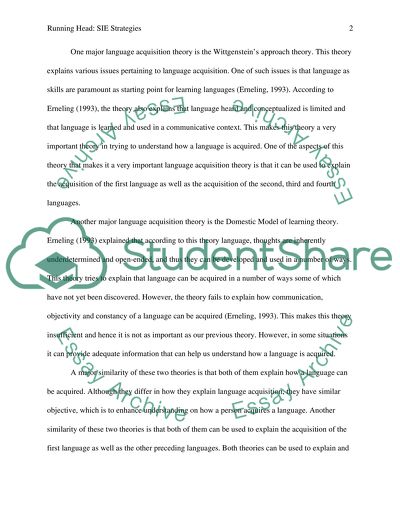Cite this document
(“Wittgenstein's Approach and Domestic Model of Learning Language Coursework”, n.d.)
Wittgenstein's Approach and Domestic Model of Learning Language Coursework. Retrieved from https://studentshare.org/english/1453888-sei-strategies
Wittgenstein's Approach and Domestic Model of Learning Language Coursework. Retrieved from https://studentshare.org/english/1453888-sei-strategies
(Wittgenstein'S Approach and Domestic Model of Learning Language Coursework)
Wittgenstein'S Approach and Domestic Model of Learning Language Coursework. https://studentshare.org/english/1453888-sei-strategies.
Wittgenstein'S Approach and Domestic Model of Learning Language Coursework. https://studentshare.org/english/1453888-sei-strategies.
“Wittgenstein'S Approach and Domestic Model of Learning Language Coursework”, n.d. https://studentshare.org/english/1453888-sei-strategies.


